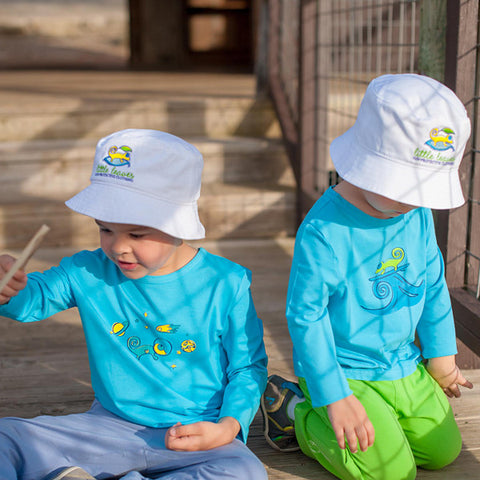How Genetics Contribute to Skin Cancer Risk and How to Prevent It
Posted on 02 March 2023
How Genetics Contribute to Skin Cancer Risk and How to Prevent It
Cancer has become one of the common health concerns, with more than 2 million cases reported annually. Do you know genetics is a significant factor in determining the risk of developing skin cancer? Scientific and medical research has suggested that certain genetic variations contribute higher chance of developing skin cancer. We will discuss how genetics contribute to skin cancer and measures one should take to prevent it in their families and kids.

What Is Skin Cancer?
Skin cancer is abnormal skin growth mainly caused by exposure to UV rays from the sun or other objects. The three main types of skin cancer are basal, squamous, and melanoma. Melanoma is the most life-threatening type of skin cancer that can run through families. The symptoms of skin cancer include:
- Change in the existing moles either shape, size, or color
- Large brownish spots that don go away
- Scaly patches
- Unusual sore
- A painful lesion that burns or itches, among others
Genetic Factors in Skin Cancer
Genetics plays a major role in skin cancer, and understanding the genetic variation behind it will help you reduce the risk. Here are some of the essential things to note.
Genes play an important role in determining how skin responds to sunlight. Mutations in certain genes can make them more sensitive to UV rays and increase skin cancer risk.
Secondly, research suggests that genetic mutations may affect how the skin cells repair damage caused by UV rays, making it likely to become cancerous.
Thirdly, some people are genetically predisposed to develop skin cancer even when it doesn't run in the family.
Generally, having a family history of skin cancer also increases the risk of developing the disease.
Steps You Can Take to Prevent Skin Cancer
- Protect your skin from the sun – Wear sunscreen with an SPF of 15 or higher, a hat, sunglasses, and protective clothing when outdoors. At Little Leaves, we provide protective wear with an SPF of over 50, making them the most effective.
- Avoid tanning beds and sunlamps – their ultraviolet radiation increases the risk.
- Examine your skin regularly – check your entire body for any new sports or changes in existing moles and consult a medic in case of any changes.
- Stays out of the midday sun – the sun's UV rays are strongest midday, so plan your outdoor activities and those of your kids accordingly.
-
Ask a doctor about genetic testing, especially if your family has a history of melanoma and other types of cancers.
Get the Knowledge and Be Protected
Skin cancer is a serious health concern. Lifestyle, environmental and genetic factors can cause it. Taking steps to reduce the risk of you and your kids developing the disease can make a huge difference in your family's overall well-being. Know the signs, know your family history, make regular checkups, and protect your skin and that of your children from UV radiation.

Contact us for comfortable, highly protective, hypoallergenic, chemical-free swimmer wear, play, and outdoor wear for you and your family.


0 comments